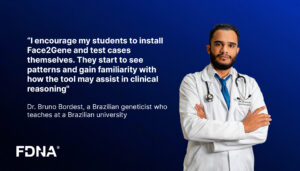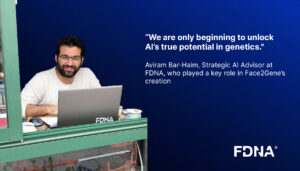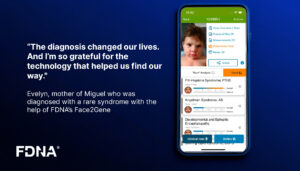January 2, 2023
“Los médicos a menudo tienen dificultades para identificar enfermedades que solo ven una vez en la vida, pero gracias a Face2Gene es posible acercarse a un diagnóstico. FDNA, lanzó una aplicación llamada Face2Gene, que se basaba en un algoritmo de aprendizaje automático. El algoritmo de FDNA analiza un rostro para sugerir trastornos genéticos que una persona podría tener. Actualmente, miles de genetistas de todo el mundo utilizan Face2Gene. Su algoritmo central puede reconocer alrededor de 300 trastornos con precisión a partir de la cara de un paciente.”
The article from WIRED describes that FDNA is using facial recognition algorithms to diagnose genetic diseases by analyzing facial features. This cutting-edge technology employs these algorithms to examine patient photos and identify signs of genetic disorders. By comparing these features to a vast database of known conditions, Face2Gene provides accurate and swift diagnostic suggestions. This innovative approach allows for early detection and personalized treatment plans, enhancing patient care. FDNA’s use of facial recognition algorithms highlights the transformative potential of AI in healthcare, offering more efficient and accessible diagnostic solutions for genetic disorders.


